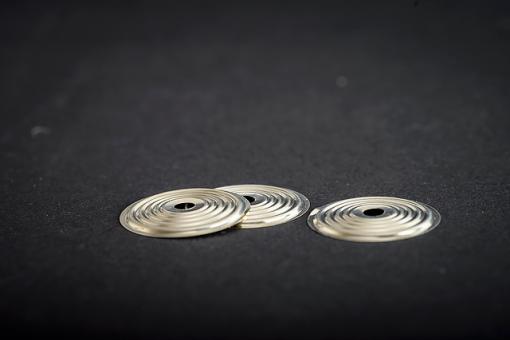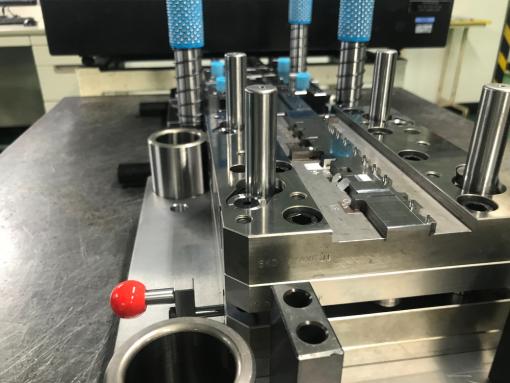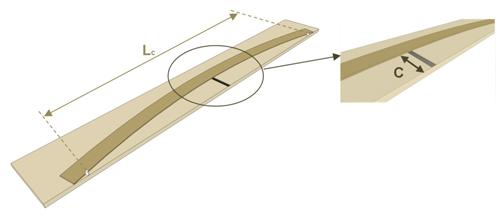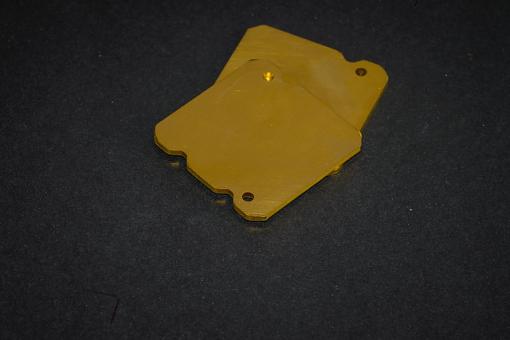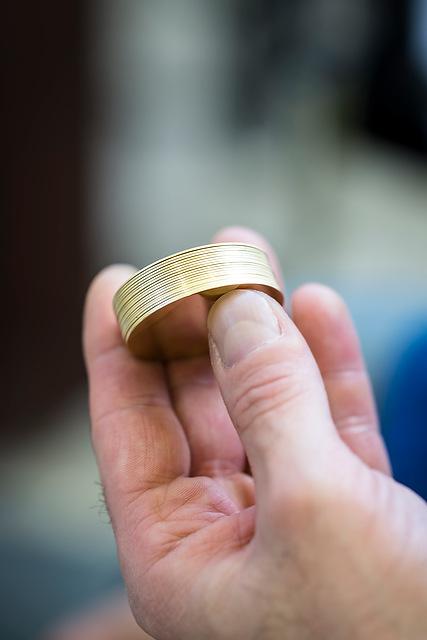Safety membrane manufacturing constraints
Safety devices have vast fields of application.
They are divided into two distinct groups:
- Bursting discs
- Snap switches
These applications entail absolute control of the following parameters:
- Repeatability of the manufacturing processes
- Consistency of thickness tolerances from one shipment to the next
- Homogeneous surface condition
- Constant mechanical properties
Over the years, ROBERT LAMINAGE has become a key player in this booming sector.
Do not hesitate to contact us if you need advice.
